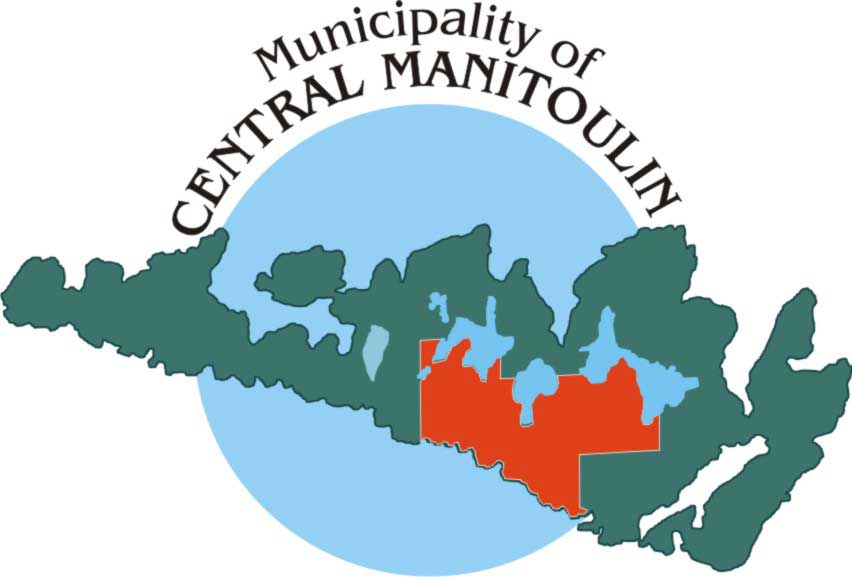CENTRAL MANITOULIN—The Central Manitoulin mill rate, the amount of taxes charged per $1,000 of property assessment, will rise by 4.9 percent in 2018, following the passage of the municipal budget at the January 25 meeting of council. The overall budget for 2018 (with the educational portion estimated) will be $9.9 million, down from last year’s budget of $10.1 million.
Overall assessment in the municipality rose by $18.1 million (up from $322 million in 2017 to $330.8 million in 2018), year over year. Residential assessment in the municipality rose by $9 million this year, while farm assessment rose by $7 million and commercial assessment also saw a slight increase. Despite the significant increase in overall assessment, and a drop in the overall budget by roughly $200,000 over last year and an increase in the Ontario Municipal Partnership Fund transfers from the province, the mill rate still rose by 4.9 percent as other factors came into play to reduce municipal revenues from other sources, according to treasurer Denise Deforge.
Still, council was unanimous in passing the 2018 budget motion recommended from the January 24 committee of the whole meeting. The budget motion was moved by Councillor Ted Taylor and seconded by Councillor Derek Stephens. Councillor Dale Scott was absent from the vote as he was attending a conference the day of the meeting.
Mayor Richard Stephens noted that the budget process had been fairly smooth going this year and that council at committee of the whole had been unanimous in the passage of the motion.
“As you can see from the budget figures, our revenue for 2018 is anticipated to be about $7 million, while our operating costs are a little over $6 million,” said Mayor Stephens. “That leaves us with a surplus of about $900,000 for capital expenditures.”
The approved capital expenditures will be around $3.1 million, noted the mayor, while transfers in the form of provincial grants for capital will be “a little more than $2 million.” The rest will be dealt with through “some financing.”
The $175,000 shortfall in operating funds will be made up through surplus reserves. “The net result is quite respectable,” said Mayor Stephens. “It leaves us in good stead.” The biggest costs have been the new fire hall, he noted.
Councillor Derek Stephens agreed that the result was not out of line when taken in context. “In the life of this council we have seen a 25 percent reduction, 15 percent in the first year and 10 percent in the second,” he said. “Last year we went up 4.9 percent and again this year by 4.9 percent. That means we will still be lower than when we came in.”
“As you know we started at zero percent and ended up at 4.9 percent,” said Mayor Stephens. “We didn’t want to deplete any further our reserves.”
Councillor Alex Baran noted that the amount of capital spending in the municipal budget matches well with the projected spending in the town’s asset management plan. “It’s good to see,” he said.
“I think we may be the first municipality to have finalized their budget,” said Mayor Stephens.
The final tally that will be seen on the municipal tax bills when they arrive in property owner’s mailboxes will vary slightly from the budget numbers passed by council as the final education levy rate has not yet been finalized.





